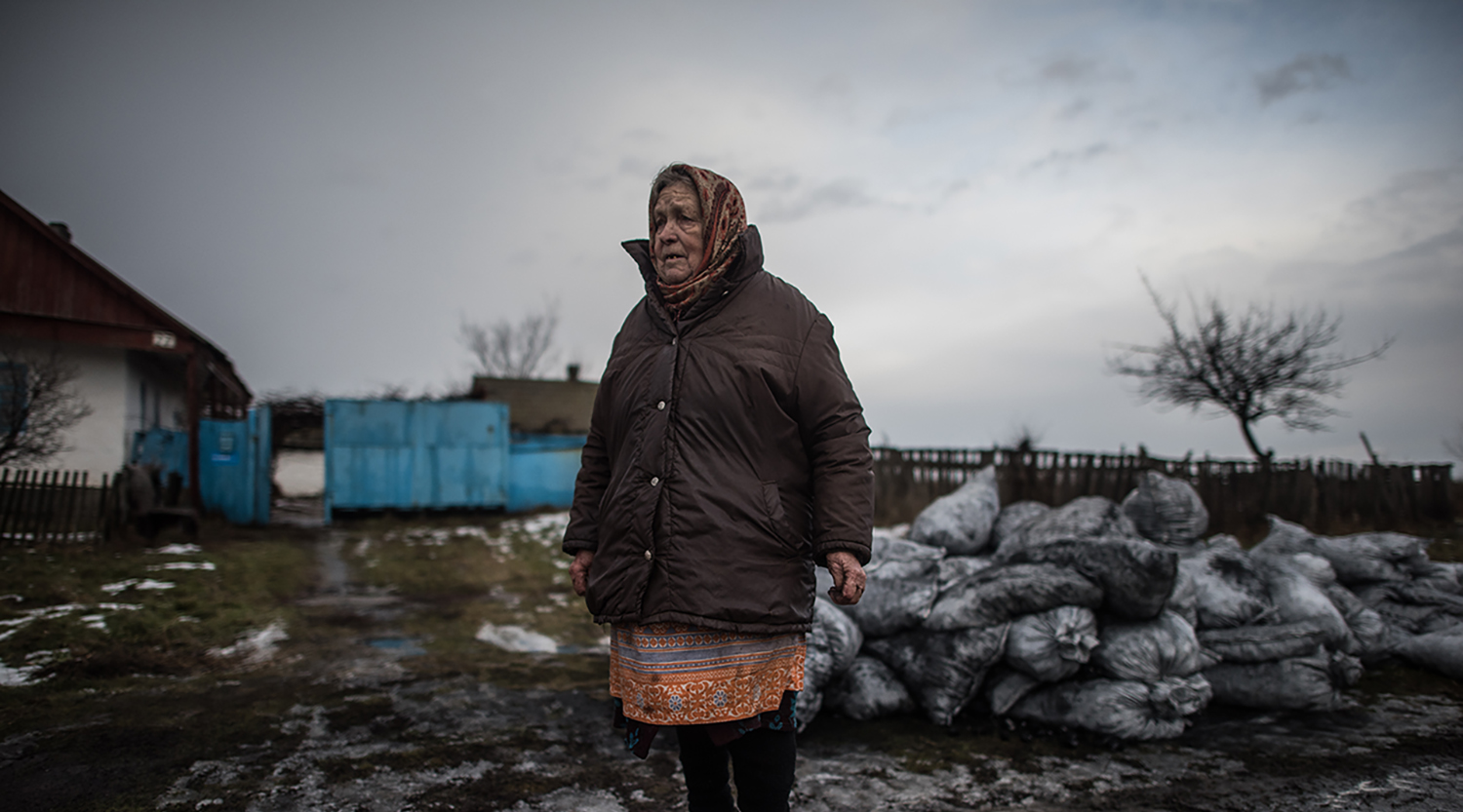Hopes built this week for peace talks aimed at ending five and a half years of war between Ukrainian government forces and Russian-backed separatists in the eastern Donbas region that have killed more than 13,000 people and displaced upwards of 1.5 million.
After a meeting between Russia and Ukraine in early October, a pathway emerged for talks, with both sides agreeing to a ceasefire and a series of confidence-building military pullbacks.
The troop withdrawals have not all gone according to plan, but nonetheless looked set to be completed on Saturday, paving the way for the first face-to-face talks between Russian President Vladimir Putin and Ukrainian leader Volodymyr Zelensky.
Previous ceasefire agreements have been unsuccessful at stopping the violence and bringing both sides to the table, but there are promising signs that this time – with Zelensky committed to the so-called “Steinmeier formula” – could be different.
Critics, including Ukrainian war veterans and nationalists, accuse Zelensky of capitulating to separatists’ demands by being willing to allow elections in the separatist-held provinces of Luhansk and Donetsk and granting them special status if the vote is seen as free and fair.
The Ukrainian government has voiced hope for a four-way summit later in November between Zelensky and Putin, mediated by French President Emmanuel Macron and German Chancellor Angela Merkel.
Take a look at how this ongoing – often under-covered – war, has been upending lives: destroying homes; leaving hundreds of thousands of civilians near the front lines in danger; and forcing those displaced into an uncertain limbo.

No place to call home: Enduring instability for Ukraine’s displaced
Due to protracted conflict, 1.4 million people are still displaced on the EU’s doorstep, many living in temporary housing and struggling to adapt to an increasingly permanent limbo.

How Ukraine is grappling with a rapid uptick in measles
A protracted conflict and distrust in a shaky healthcare system have helped measles thrive. New regulations and a vaccine campaign aim to change that.

The women of Ukraine’s festering war
Five years of conflict have taken a particularly heavy toll on women, as villages empty of men, and women are left to head households on their own.

Forgotten Ukrainians feel the bite of winter food cuts
For those near Ukraine’s front line, especially the elderly, reduced humanitarian aid in mid-winter could be deadly.

Frozen and forgotten: The neglected displacement crisis on Europe’s doorstep
It's too easy to forget about the intractable conflict on the edge of Europe and the millions displaced.

Elderly fare worst in Europe’s forgotten conflict
The death toll is climbing towards 10,000 but Ukraine’s conflict is largely forgotten, especially the lot of old people on the front line.
 201505281752000003
201505281752000003
Hard lines: Access issues deepen Ukrainian aid crisis
If you don’t hear much about Ukraine any more, you’d be forgiven for thinking that’s because the war’s basically over and everything’s gradually getting back to normal. In fact, the situation for civilians near the frontline is, if anything, getting worse.




